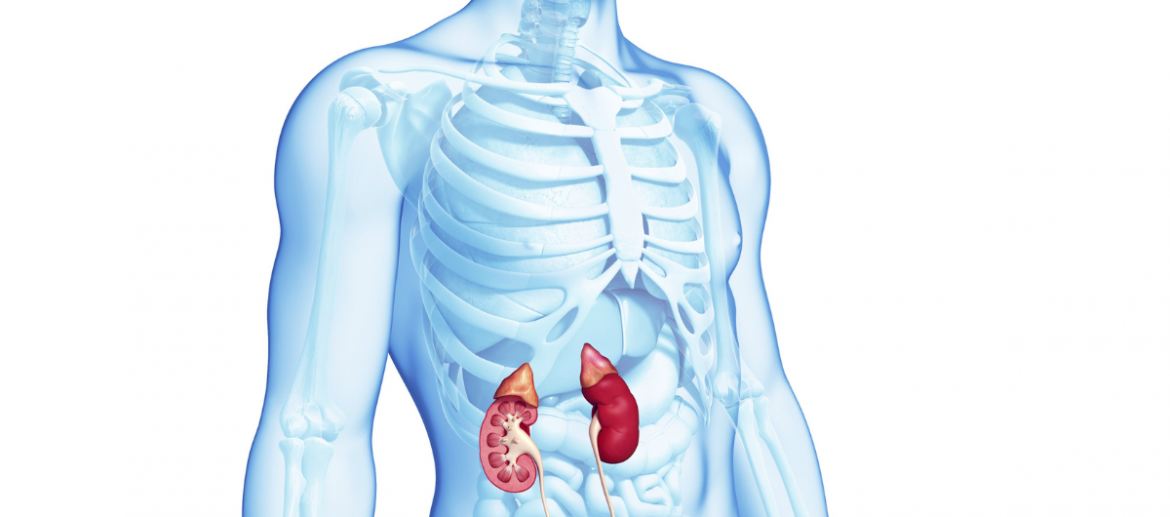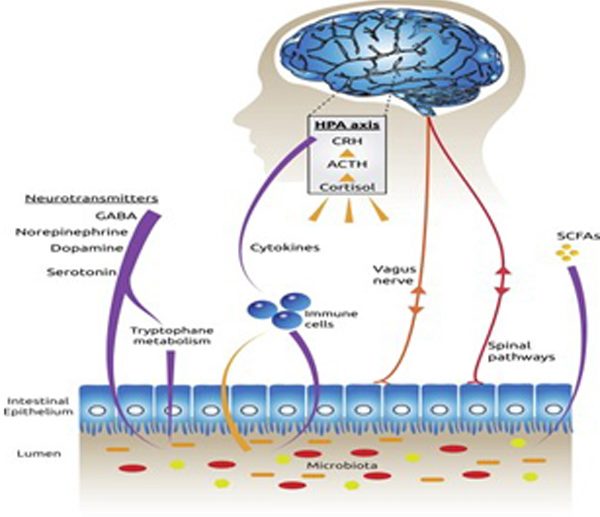In a world where healthcare is increasingly personalised, functional medicine is emerging as a transformative approach to health management. Unlike conventional medicine that often focuses on treating symptoms, functional medicine seeks to understand and address the root causes of illness. This patient-cantered approach is revolutionising how we think about prevention, treatment, and long-term wellness.
What Is Functional Medicine?
Functional medicine is an integrative healthcare model that emphasizes the interconnectedness of body systems and the influence of lifestyle factors on health. Practitioners analyse factors such as genetics, nutrition, environment, and stress to create tailored solutions that optimize a person’s well-being.
Instead of asking “What disease does this patient have?” functional medicine asks “Why is this patient unwell?” This shift in perspective is key to identifying the triggers of chronic conditions like diabetes, cardiovascular disease, autoimmune disorders, and even mental health challenges.
Benefits of Functional Medicine
Functional medicine is more than just an alternative; it’s a proactive approach to healthcare with significant benefits:
Functional Medicine is a focus for Future Health Management
As technology advances, functional medicine continues to evolve. Genetic testing are empowering practitioners to uncover patterns and trends in patient health with unprecedented accuracy.
Furthermore, the shift toward functional medicine aligns with a growing demand for personalised healthcare. Modern patients want more than a quick fix; they seek a deeper understanding of their health and strategies that promote vitality.
Is Functional Medicine Right for You?
If you’re tired of temporary solutions and want to take control of your health, functional medicine might be worth exploring. Whether you’re managing chronic conditions or simply optimizing your wellness, this approach offers an in-depth roadmap to better health.
Future-Proofing Your Health
Functional medicine represents more than just a trend—it’s the future of healthcare. By addressing the root causes of illness, it empowers individuals to live healthier and more fulfilling lives and get resolutions to long unresolved health issues.
So, take the first step toward proactive health management and explore the possibilities of functional medicine. Your future self will thank you.













